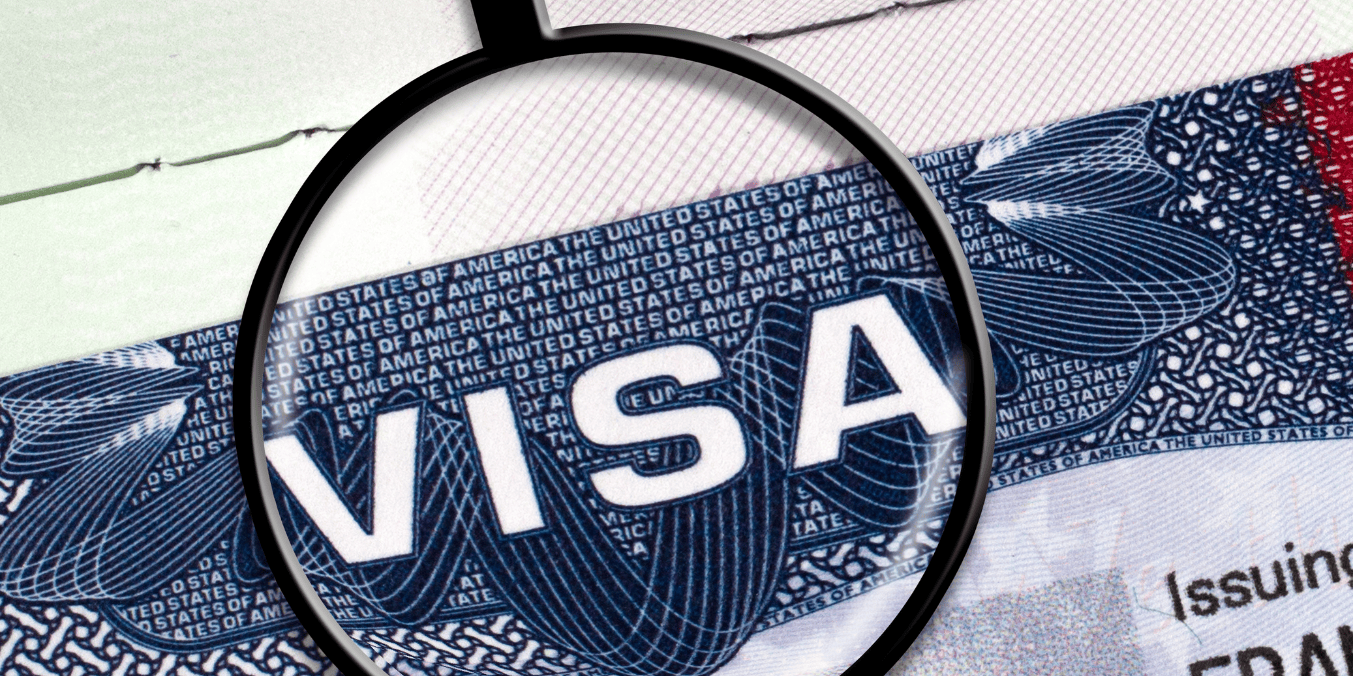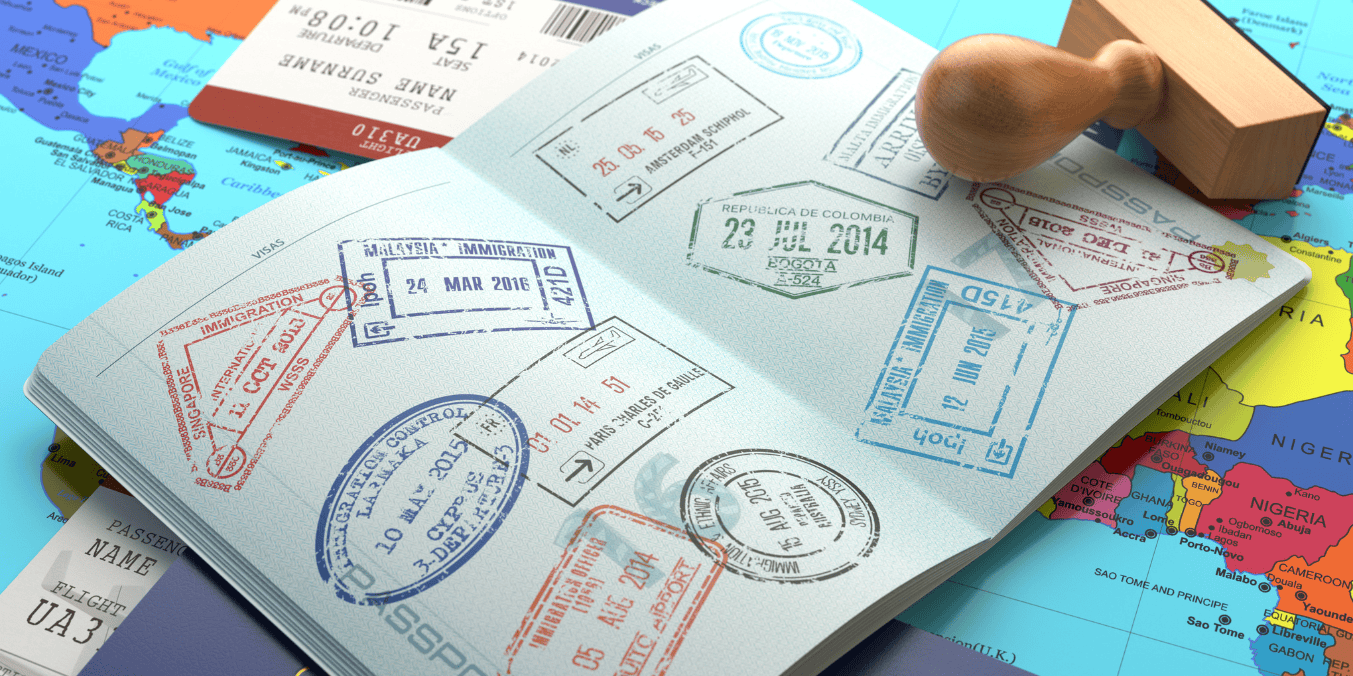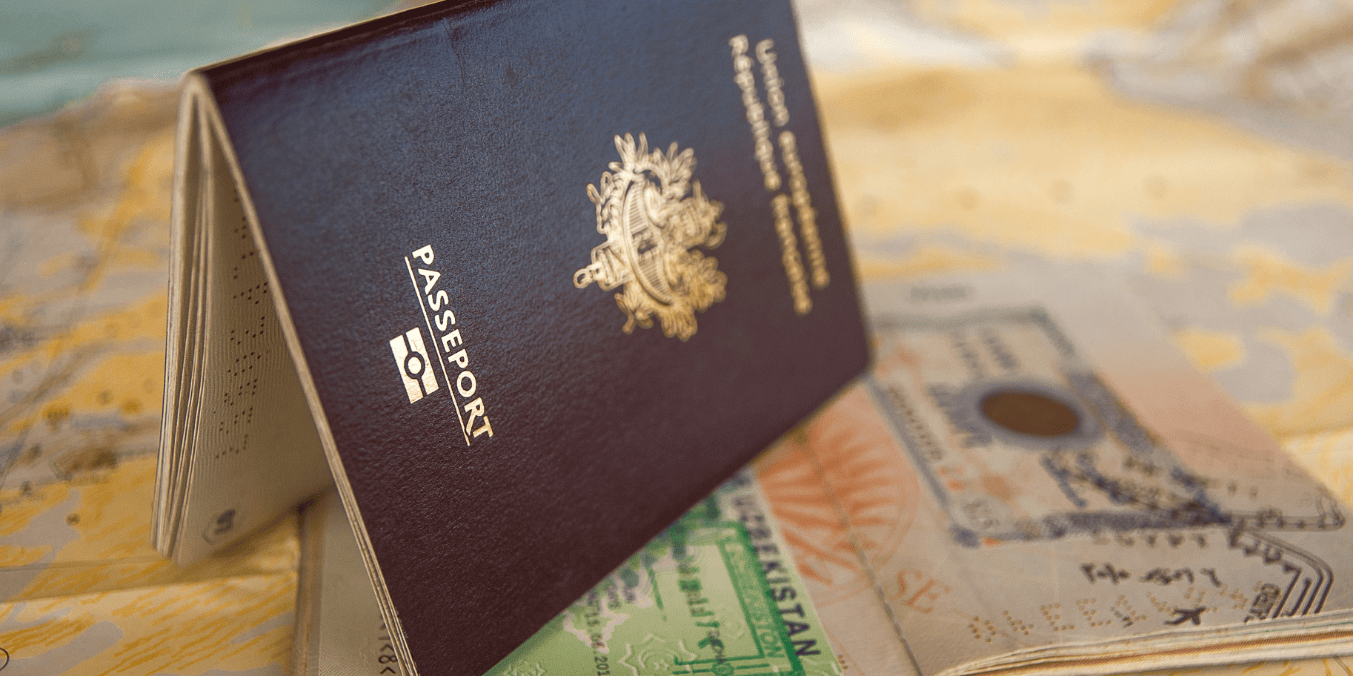The Canada Super Visa is a valuable program allowing parents and grandparents of Canadian citizens and permanent residents to spend extended periods in Canada. With this visa, eligible family members can stay in Canada for up to five years per visit without the need to renew their status every six months, as is often required with a standard visitor visa. The program’s goal is to facilitate family reunification by allowing long-term stays and multiple entries over up to 10 years.
For families seeking to bring their loved ones to Canada quickly, understanding the Canada Super Visa processing time, eligibility requirements, and application steps is essential. This guide will break down each part of the Super Visa process, covering eligibility criteria, document preparation, processing timelines, and entry expectations to ensure applicants are fully prepared for a smooth and successful application.

Canadian Immigration Consultant
Let our expert team of Canadian immigration consultants guide you through the complexities of Canada’s immigration process. We provide personalized, step-by-step support to ensure a smooth and successful journey to your new life in Canada.
What is the Canada Super Visa?
The Canada Super Visa is a unique multiple-entry visa specifically designed for parents and grandparents of Canadian citizens or permanent residents. It provides an extended stay of up to five years per visit, much longer than the typical six-month limit for standard visitor visas. With a Super Visa, visitors can enter Canada multiple times over a period of up to 10 years, depending on the validity of their passport.
One of the key benefits of the Canada Super Visa is the reduced need for renewal and the streamlined processing time for applicants who submit complete and accurate applications. This visa provides a flexible, long-term option for families eager to stay connected and spend time together without needing frequent visa renewals.

Key Benefits of the Canada Super Visa
The Canada Super Visa offers several advantages, making it ideal for families seeking long-term visits. Here are the main benefits:
- Extended Stay Periods: The Super Visa allows stays of up to five years per visit, offering significantly longer durations than a standard visitor visa.
- Multiple Entries Over 10 Years: With multiple-entry options, visitors can leave and re-enter Canada without reapplying, up to the validity of their passport.
- Faster Processing Times: Applicants who meet eligibility criteria and submit accurate documentation often experience quicker Super Visa processing times compared to other visa types.
Eligibility Requirements for the Canada Super Visa
To qualify for a Canada Super Visa, applicants must meet specific eligibility criteria that demonstrate both their relationship to a Canadian host and their readiness for an extended stay. Here’s a closer look at the main requirements for obtaining a Super Visa:
- Relationship to a Canadian Citizen or Permanent Resident: Only parents and grandparents of Canadian citizens or permanent residents are eligible. Dependents, such as children or other relatives, cannot be included in the application, although spouses or common-law partners of the primary applicant are eligible.
- Financial Support from a Host in Canada: The Canadian host, a citizen or permanent resident, must submit a letter of invitation detailing their promise of financial support for the applicant during their stay. This letter should also include a list of household members to demonstrate that the host meets the minimum income threshold required by Immigration, Refugees, and Citizenship Canada (IRCC).
- Medical Insurance: To ensure adequate healthcare coverage during their stay, applicants must have valid medical insurance from a Canadian insurance provider, covering at least $100,000 in emergency health expenses. This insurance must be paid for upfront for at least one year from the date of entry.
- Health and Security Requirements: Applicants must complete a medical examination to meet Canadian health standards. Some applicants may also be required to submit police certificates or other security documents verifying their admissibility to Canada.
By carefully meeting these requirements, applicants can help streamline the Canada Super Visa processing time, reducing potential delays and improving their chances of a successful application.
Documents Required for the Super Visa Application
To keep Super Visa processing time efficient, having a complete set of documents ready for submission is critical. Missing or incomplete documents often lead to delays, so applicants should ensure each document meets IRCC guidelines. Here is a summary of what you’ll need for a successful application:
- Invitation Letter from Canadian Sponsor: The invitation letter, written and signed by the Canadian citizen or permanent resident hosting the applicant, is a core requirement. It should outline the expected duration of the visit, financial support commitment, and a list of household members, proving that the applicant has adequate support during their stay.
- Proof of Financial Income: To meet IRCC’s income eligibility criteria, the host must provide evidence, such as tax returns, pay stubs, or employment records, showing they have the means to support the visiting family member.
- Medical Insurance Policy: A valid medical insurance policy from a Canadian provider is mandatory. This insurance policy must provide at least $100,000 in emergency health coverage for one year, paid in full.
- Medical Examination Records: Applicants must complete an immigration medical examination with an IRCC-approved physician. The results should be sent directly to IRCC, confirming that the applicant meets the required health standards.
- Biometrics (if applicable): Some applicants will need to provide biometrics (fingerprints and photo) as part of the application. The biometrics fee must be paid with the application, and scheduling an appointment promptly can help avoid processing delays.
With each document ready and accurately prepared, applicants can significantly reduce their Super Visa processing time, helping them navigate the application process smoothly and confidently.

Step-by-Step Guide: How to Apply for a Canada Super Visa
Here’s a comprehensive step-by-step guide for applying for the Canada Super Visa to ensure smooth processing and minimize any delays:
- Create an IRCC Account and Start the Application: Begin by creating an account on the IRCC website, where you’ll access the Super Visa application portal. Ensure all information matches your supporting documents to avoid delays.
- Complete the Online Application Form: Fill out the form with personal details, travel history, family information, and the Canadian sponsor’s details. Double-check all entries for accuracy, as errors can lead to delays.
- Upload Supporting Documents: Upload digital copies of required documents, including the invitation letter, proof of the sponsor’s financial support, medical insurance, and medical examination records. Clear, high-quality scans are essential for readability and to prevent potential delays.
- Pay Application and Biometrics Fees: The standard Super Visa application fee is $100 CAD. For those needing biometrics, an additional fee applies, both of which can be paid online through the IRCC account. Ensure fees are paid in full, as unpaid fees can halt the process.
- Schedule Biometrics and Medical Exams: If biometrics are required, schedule an appointment at a recognized collection center promptly. Likewise, scheduling your medical examination early helps avoid delays.
- Submit Your Application: Once all forms are completed, documents uploaded, and fees paid, submit your application through the IRCC portal. A confirmation email will follow, containing instructions for tracking the status of your application.
Taking these steps carefully helps ensure your application is complete, minimizing the likelihood of delays and keeping your Super Visa processing time within expected limits.
Super Visa Processing Time in 2024
The processing time for a Canada Super Visa can vary significantly depending on the applicant’s country of residence and application completeness. Typically, Super Visa processing time ranges from a few weeks to several months, depending on individual circumstances.
- Average Processing Times by Region: Processing time can vary greatly by country or region based on application volume and local processing capacity. Applicants from countries with high application volumes may experience longer wait times, so checking the IRCC’s latest estimated processing times for your region can provide a clearer picture.
- Factors Affecting Super Visa Processing Time:
- Application Completeness: Missing or incorrect documents are common reasons for delays.
- Biometrics and Medical Exam Requirements: Delays in completing these requirements can extend processing time, so it’s best to complete them as soon as possible.
- Additional Background Checks: Certain applicants may be asked for additional documents, such as police certificates or an interview. These steps, if necessary, can add time to the process.
- Tips to Minimize Processing Delays:
- Prepare Documents in Advance: Having the necessary documents ready, including the invitation letter and proof of medical insurance, can prevent delays.
- Schedule Biometrics and Medical Exams Early: Completing these requirements promptly helps ensure the application stays on track.
- Check IRCC Processing Times Tool: IRCC’s online tool provides current estimates by country, which can be useful for planning.
Following these guidelines can help ensure that your Canada Super Visa processing time stays within an expected range.
Common Issues and Delays in the Super Visa Application Process
Understanding and preparing for potential challenges can help avoid delays in the Super Visa process. Here are common issues and tips to address them effectively:
- Incomplete Documentation: Ensure each document is filled out correctly, signed, and meets IRCC standards.
- Scheduling Delays for Biometrics and Medical Exams: Prompt scheduling is key, as IRCC will not process applications without all necessary biometrics and medical results.
- Inadequate Financial Proof: The Canadian sponsor’s proof of income must meet IRCC requirements. Providing complete and verifiable documentation, such as tax returns, can prevent additional requests.
- Additional Background Checks or Interviews: In rare cases, IRCC may ask for extra information or interviews, especially if further background verification is needed. Being prepared with extra documents can help speed up these processes.
By addressing these potential issues proactively, Super Visa applicants can help ensure timely processing and a smoother application experience.

Conclusion
The Canada Super Visa program is a valuable option for parents and grandparents seeking extended stays with their families in Canada. By following the application process carefully, understanding eligibility requirements, and preparing all required documents, families can look forward to a successful and stress-free experience. For expert guidance, contact Wild Mountain Immigration, which offers support through every stage of the Super Visa application to ensure compliance with all requirements.
How We Can Help
At Wild Mountain Immigration, our experienced team of certified Canadian immigration consultants is here to help you navigate the complexities of the immigration system. Whether you’re applying for permanent residency, a work permit, or dealing with a complex immigration case, we provide personalized support tailored to your needs.
Contact us today to learn how we can help you achieve your Canadian immigration goals.
FAQs
Processing time for a Super Visa varies based on the applicant’s country of residence, individual application details, and current IRCC processing volumes. Typically, processing can take anywhere from a few weeks to several months. IRCC provides an online processing time tool that allows applicants to check current wait times specific to their country.
The acceptance rate for Super Visa applications is generally favorable when applicants meet all eligibility requirements, submit accurate documentation, and provide proof of financial support and valid medical insurance. However, exact acceptance rates can fluctuate based on specific IRCC policies and regional factors.
Yes, a Super Visa can be rejected if the applicant fails to meet eligibility requirements, provides incomplete or inaccurate information, or cannot demonstrate sufficient financial support from their Canadian sponsor. Other reasons for refusal may include health or security inadmissibility, such as failing a medical exam or background check. Applicants can address these issues and reapply if refused.
The financial support required depends on the Canadian sponsor’s household size and IRCC’s Low Income Cut-Off (LICO) guidelines. For example, a sponsor supporting two people (including the applicant) needs to meet the income threshold of approximately $33,140 CAD per year (based on 2023 guidelines). The specific amount increases with each additional household member, so applicants should confirm the latest LICO requirements before applying.
No, applicants must apply for a Super Visa from outside Canada. However, if someone is already in Canada on a different visa (such as a visitor visa), they may need to return to their home country and re-enter once the Super Visa is approved.
Recent updates to the Super Visa program have extended the permitted stay to up to five years per entry, with the option to apply for a two-year extension from within Canada. These changes make it easier for parents and grandparents to remain in Canada without frequent renewals. Additionally, applicants can now purchase medical insurance from international providers, though it must meet Canadian coverage requirements.
Yes, Canada is actively issuing Super Visas for eligible parents and grandparents of Canadian citizens or permanent residents. Applicants should ensure they meet all criteria, including up-to-date medical insurance and financial support requirements, to improve their chances of approval.
The approval time for Canadian visas, including the Super Visa, varies by visa type and applicant location. For a Super Visa, processing typically takes a few weeks to several months, depending on application volumes and the applicant’s country. Checking IRCC’s online tool provides a more specific estimate.
Canadian Immigration FAQs
Find quick answers to the most common questions about Canadian immigration, visas, and permanent residency.
LMIA Costs Explained: How Much Does LMIA Cost in 2024?
For Canadian employers seeking to hire foreign workers, a Labour Market…
Can I Leave Canada After Applying for Spousal Sponsorship?
When applying for spousal sponsorship in Canada, many applicants wonder,…
Who Can Apply for BOWP (Bridging Open Work Permit) in Canada?
If you’re transitioning from temporary status to permanent residence in…
Start Your Canadian Immigration Journey
Our experts make the process clear, stress-free, and successful, so you can move forward with confidence and focus on what matters most.

Contact Us
Immigration questions and service enquiries
Consultation
Speak to an expert
immigration consultant
"*" indicates required fields



